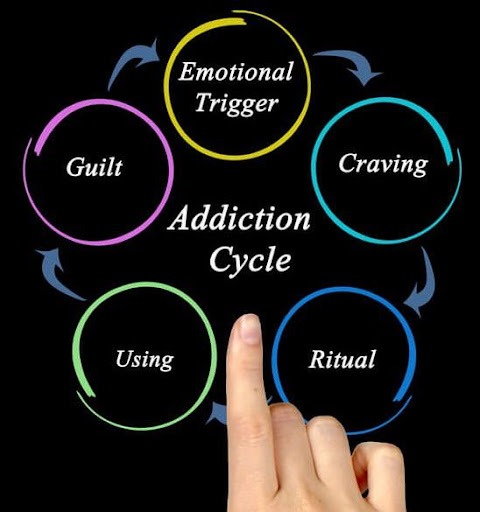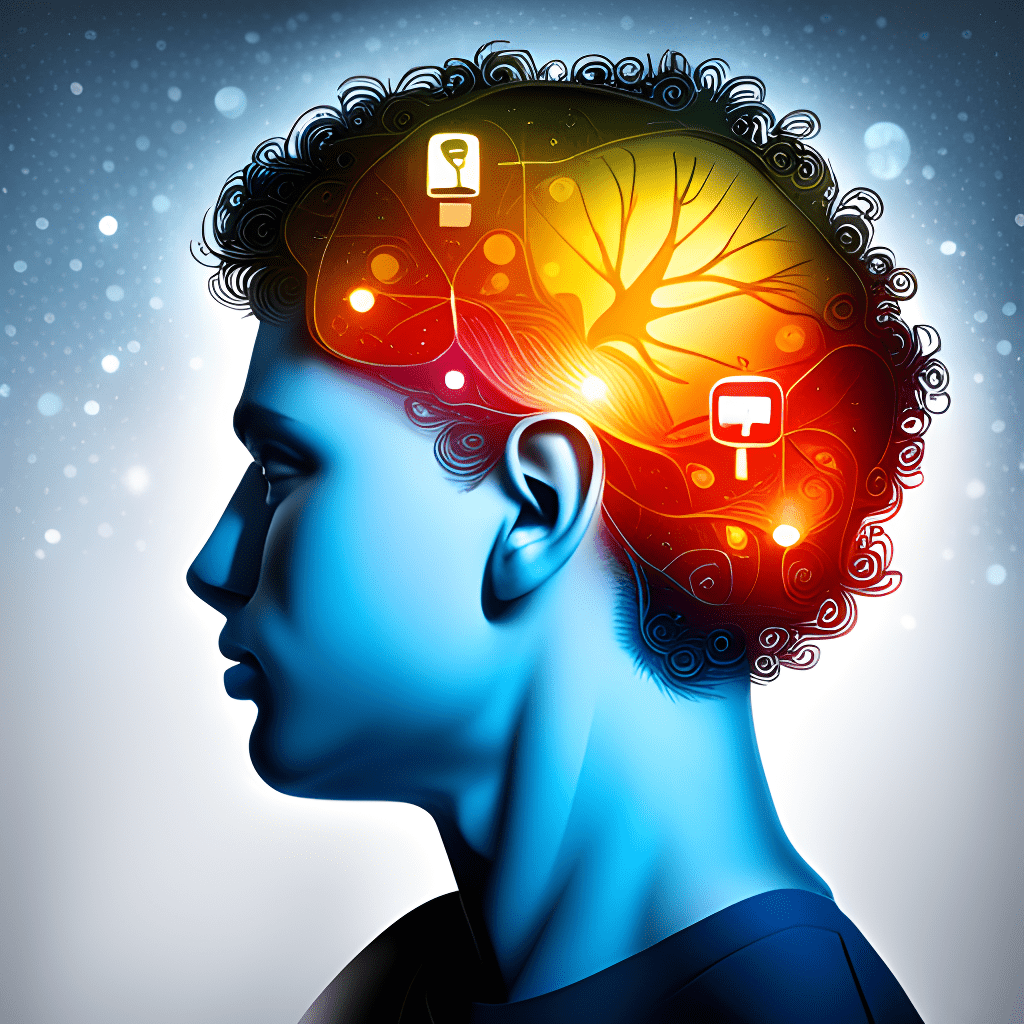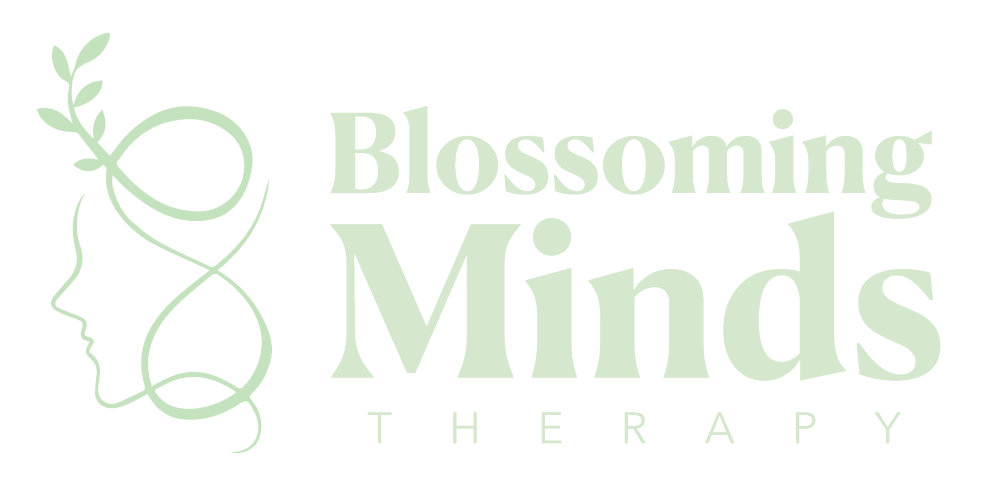What is Social Media Addiction?
It is a term used to describe people who spend an excessive amount of time online; specifically on applications. According to the University of Technology (UTS) (Boroon et al., 2021), Facebook and Instagram are used by more than 3.6 billion individuals worldwide; Tiktok is the third most used platform (7.4 Australians) amongst people under the age of 18. Social media addiction differs to substance abuse; nonetheless. It is related to a behavioural addiction as it contains characteristics of the vicious cycle in most common addiction.
Social media is easily accessible and is free, this may cause potential irrational and excessive use of these platforms which may interfere with users’ daily lives (Hou et al., 2019). This article is not suggesting to completely remove social media platforms, but managing time online is recommended. When the behaviour becomes uncontrollable and compulsive this may be an indicator that it is becoming addictive (Hou et al., 2019).
Do social media platforms affect your self-esteem?
The constant scrolling and comparison of ‘influencers’ who show a glorified version of themselves can have a negative impact on the viewers sense of self-esteem. Hou et al. (2019) suggests that users believe that the figures they follow online are happier and more successful than themselves, even though they do not know them personally. This may cause users to edit their photos, take certain photos/videos to fit within a certain narrative that is deemed to be the ‘norm’ online.

What are the signs of social media addiction? (Hilliard, 2022)
How does this affect your brain? (Shafir, 2021)
Social media platforms provide a mass amount of immediate rewards for minimal effort. Social media usage lights up the same part of the brain that is also associated with addictive substances like drugs. When individuals experience something rewarding (receiving a like) neurons in the dopamine-producing areas in the brain are triggered which causes dopamine levels to rise. The brain receives a ‘reward’, in this case receiving likes on an Instagram photo and associates it with positive reinforcement; thus the individual continuously uses the platform to gain the same feeling of pleasure.
Are there negative effects of excessive social media use? (Boroon et al., 2021), (Hilliard, 2022)
Cyberbullying: abuse or harassment by individuals e.g., spreading reumours
Low performance: negative impact on job or academic performance.
Feelings of: panic, irritation, stress, depression, guilt, jealously, loneliness, flaming behaviours and anxiety
Low self-esteem and comparison to others
FOMO (Fear of missing out and feeling excluded)
Social anxiety and embarrassment
Disrupted sleep patterns
Decreased physical activity
Relationship conflicts
Reduced ability to empathize with others
Exposure to fake news/misinformation
Developing more extreme views because of one-sided customized content
Feeling withdrawal symptoms when not using online platforms

References
1.Boroon, L., Abedin, B., & Erfani, E. (2021). The Dark Side of Using Online Social Networks: A Review of Individuals' Negative Experiences. Journal of Global Information Management (JGIM), 29(6), 1-21. http://doi.org/10.4018/JGIM.20211101.oa34
2.Hilliard, J. (2022, May 4). Social media addiction. Addiction Center. https://www.addictioncenter.com/drugs/social-media-addiction/
3.Hou, Y., Xiong, D., Jiang, T., Song, L., & Wang, Q. (2019). Social media addiction: Its impact, mediation, and intervention. Cyberpsychology: Journal of Psychosocial Research on Cyberspace, 13(1), Article 4. https://doi.org/10.5817/CP2019-1-4
4.Shafir, H. (2021). Social media addiction. recovered. https://recovered.org/addiction/behaviors/social-media-addiction




